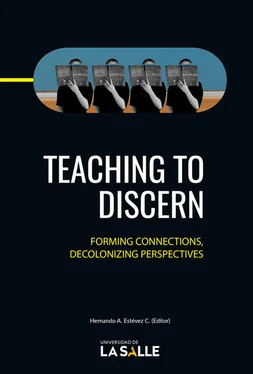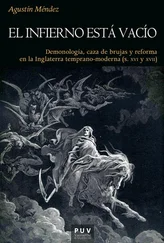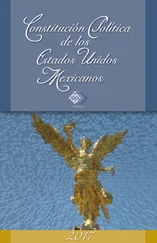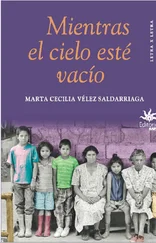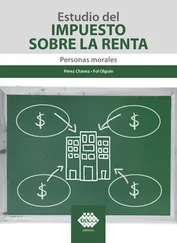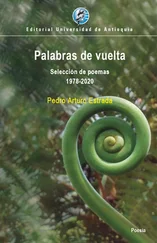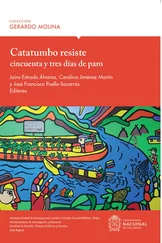Regardless of Freire’s political views on education and the consequences of his theory of education, we cannot reduce Freire’s theory of education to a mere political agenda. In order to avoid such a possibility, I believe is necessary to understand Freire’s pedagogy and theory of education as a socio-educational and cultural project and not just a curriculum project. Teaching is the sensible junction of all the modern problems in which we live. I do not believe it is possible to teach without critique. Education requires a profound reflection about the existing relationship between the force of culture, society and politics. It is at this juncture where I believe Freire’s work is of great importance for understanding the dynamics of power that are endemic to a study abroad, as well as the relationships it produces while allowing for its unfolding as an exchange of various expertise, experiences and knowledge.
A study abroad in either modality, “bringing the world to the university” or “taking students to the world,” collapses not only differences but also unequal realities that are initially expressed in terms of privilege and power. Such differences and inequalities required a pedagogical approach inspired by Freire’s work, insofar as it must be critically acknowledged as a social construct and, therefore, subject to transformation. For Freire, education must be simultaneously an ideal and a point of reference servicing the construction of a new society. Included in education is instruction, but education goes further by establishing specific pedagogical practices and social relationships that influence those engaged in a libertarian education. Learning, teaching and knowledge are contextual insofar as the process of “conscientization” requires a socio-cultural understanding of the elements that have configured the context from which they have been constructed. In the wake of Freire’s (2005) Pedagogy of the Oppressed, any educational theory demanding of critique must surpass the instructional level of education.
In this perspective, the two major objectives of Freire’s educational theory and pedagogical practice are the development of critical thinking and the empowering of actors for social change. It requires a reformulation of the relationship between teacher and student’s role in the classroom whose mission is to mediate between knowledge, community and individuals through the assertion that education is not a social tool but a political resource that cannot abstract itself from its power to create a specific individual and citizen. For Freire, teaching is to put into action, to accelerate an individual desire for knowledge. Every action implies a reflective act. Every educational theory contains a pedagogical practice, making of education the reflective process of analysis about the practice and consequently promoting both political and social values.
For Freire, traditional education is defined by what he calls the “banking system of education,” which is a type of education that is always caught up on a struggle of power that rests not only on the individuals engaged in the practice of education, but also on the pedagogy and the content of education. Let me explain. For Freire, education is a political act since it conveys certain practices that contribute to liberation, oppression, and social transformation. As such, education can be active or passive depending on student and teacher’s agency and the power imbalance it can produce; the content of education, which initially mediates the relationship between student and teacher, can be a catalyst for fracturing the artificiality of the classroom setting or it can contribute to preserving the power that already exists in a given structured society. Freire understands that only through pedagogical exercises that make reality relevant to students through the content of education is it possible for education to question the power relations that are endemic to the educational setting. To do so, Freire (2005) proposes problem posing and dialogue as processes that can posit education as a social and political resource that can humanize students by learning “to perceive social, political and economic contradictions and to take action against the oppressive elements of reality” (Freire, 2005, p. 35). For Freire, education that transforms the students’ perception of reality facilitates a particular type of relationship with the learner’s experiences while sharing a conceptualization of the common good. Although Freire is aware of the oppressive tendencies of institutionalized education, a pedagogical practice that overcomes the obstacles for making education a social process makes possible a collective conception of a common good. In that sense, education is a subversive practice since it humanizes both the oppressor and the oppressed while developing a cooperative education wherein “teachers and students, co- intent on reality, are both Subjects, not only in the task of unveiling that reality, and thereby coming to know it critically, but in the task of re-creating that knowledge” (Freire, 2005, p. 69).
Thus, an education and, in this particular case, an education in the context of the academic experience of studying abroad can be surmounted by the study of liberating contents, allowing a recognition of the privilege and power caught up on the practice of education as a mere mirror of the social, political and economic relationship already present in society. It is important to recognize that, as educators in a giving level of education, in any given country or culture, one must choose to teach to either preserve the order of society or transform such order. There is no middle ground for this decision. Nevertheless, both choices demand an understanding of reality, as well as a recognition of the power relations endemic to reality. In this context, teaching is not a passive or a neutral activity.
References
Freire, P. (2005). Pedagogy of the oppressed (M. Bergman Ramos, Trans.). New York: NY: Continium.
Hegel, F. (1977). Phenomenology of spirit (AV. Miller, Trans.). Oxford, UK: Oxford University Press.
Plato. (1892). The Sophist (Benjamin Jowett, Trans). London, UK: Oxford University Press.
Plato. (1914). Euthyphro, Apology, Crito, Phaedo, Phaedrus (Harold N. Fowler, Trans). Boston, MA: Harvard University Press.
SECTION II
Exploring Teaching Abroad
01
Rewards and Challenges of Teaching Abroad
Elizaveta S. Golousova1
1 Elizaveta S. Golousova1 1 Elizaveta S. Golousova is a professor for the Department of Periodical Press and Online Media and International Economics and Management at the Ural Federal University (Yeltsin).
Elizaveta S. Golousova is a professor for the Department of Periodical Press and Online Media and International Economics and Management at the Ural Federal University (Yeltsin).
Конец ознакомительного фрагмента.
Текст предоставлен ООО «ЛитРес».
Прочитайте эту книгу целиком, купив полную легальную версию на ЛитРес.
Безопасно оплатить книгу можно банковской картой Visa, MasterCard, Maestro, со счета мобильного телефона, с платежного терминала, в салоне МТС или Связной, через PayPal, WebMoney, Яндекс.Деньги, QIWI Кошелек, бонусными картами или другим удобным Вам способом.
